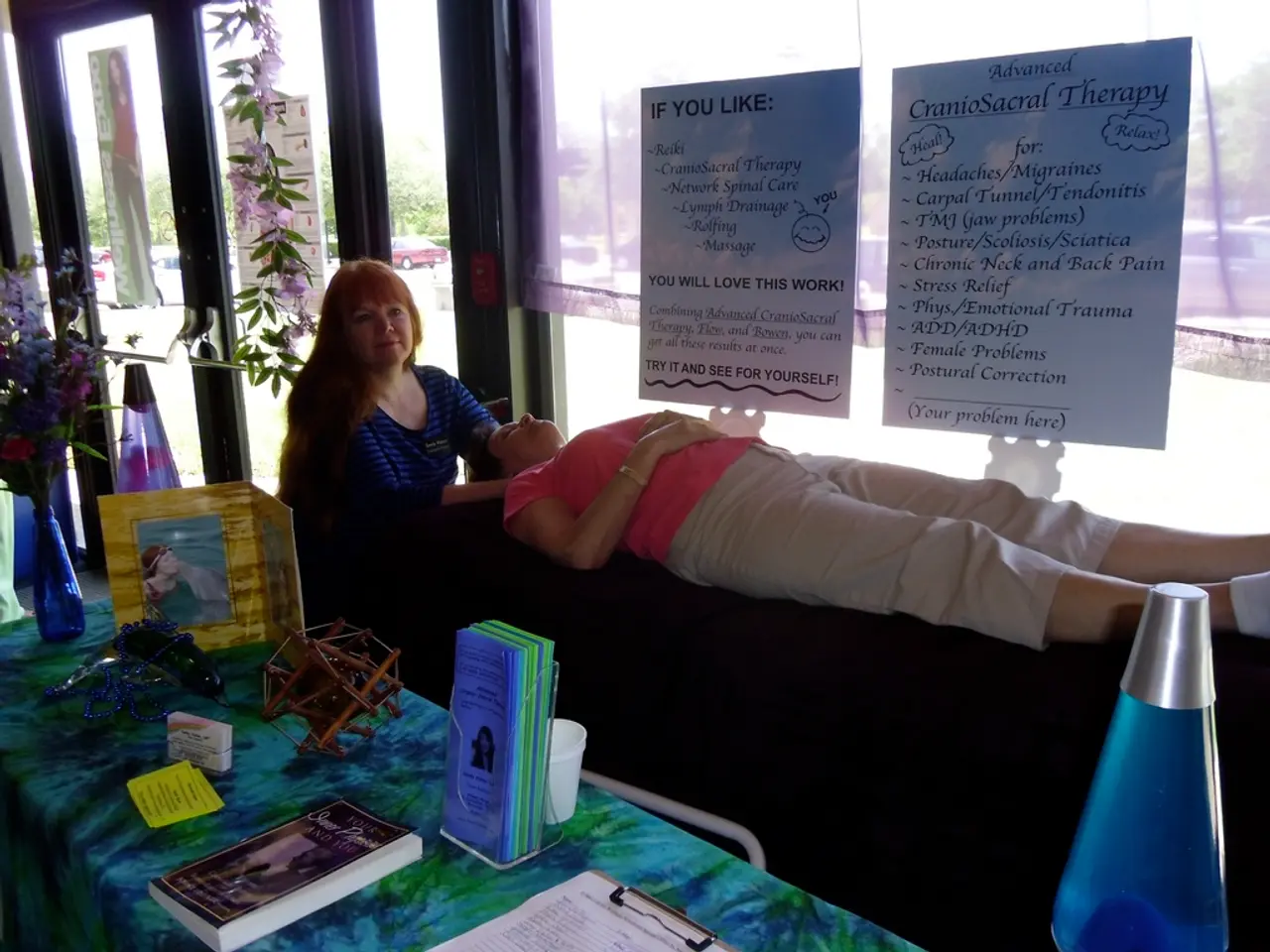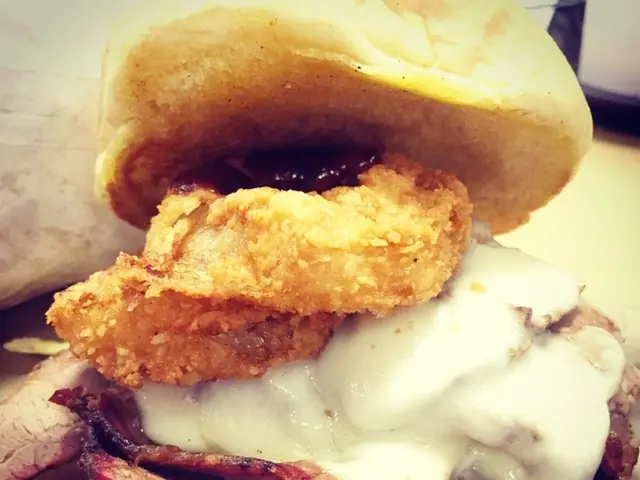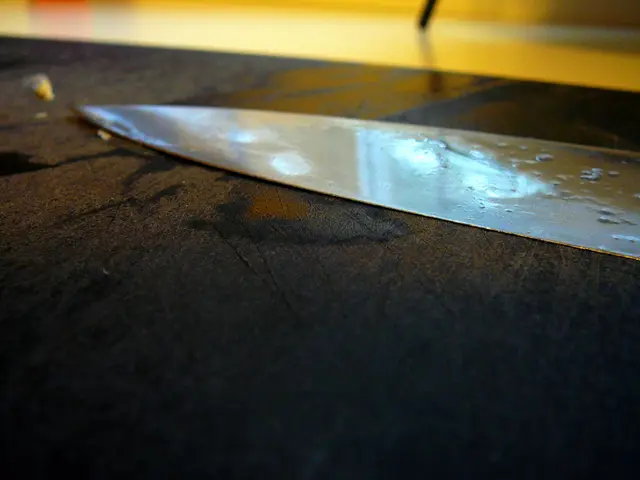Exploring Unconventional Remedies for Stroke Recovery
In the quest for stroke recovery, evidence-based alternative treatments offer promising avenues. These complementary and integrative therapies, such as acupuncture, nutrition, yoga, massage, weight management, and supplements, can potentially aid in the recovery process.
Acupuncture and Related Techniques
Two notable methods within acupuncture are Transcutaneous Electrical Acupoint Stimulation (TEAS) and Transcutaneous Vagal Nerve Stimulation (tVNS). TEAS, a combination of acupuncture and transcutaneous electrical nerve stimulation, has shown potential in promoting upper limb function recovery in stroke patients, although more rigorous studies are required to confirm its efficacy. tVNS, while not specifically an acupuncture technique, is another form of peripheral stimulation that has demonstrated promise in stroke recovery, though its mechanisms are not fully understood.
Nutrition
Though specific evidence tailored for stroke recovery is lacking, general principles of a balanced diet high in fruits, vegetables, whole grains, and low in saturated fats are typically recommended for overall health.
Yoga
Yoga, a part of Ayurvedic practices, can help manage stress and improve overall well-being. However, it lacks specific evidence as a standalone treatment for stroke recovery.
Massage
Massage therapy can help reduce stress and improve circulation, which may be beneficial for stroke patients. Nevertheless, evidence supporting its role in stroke recovery is limited.
Weight Management
Maintaining a healthy weight is crucial for reducing the risk of further strokes, which can be achieved through a balanced diet and regular exercise.
Supplements
Several supplements are used in various forms of traditional medicine for their potential benefits. Ashwagandha, used in Ayurvedic medicine, can help with stress and anxiety but lacks specific evidence for stroke recovery. Ginseng/Astragalus, used for improving energy, and Turmeric/Jiang Huang, known for its anti-inflammatory properties, can help with pain management but are not specifically used for stroke recovery.
Potential Risks of Herbal Remedies
While herbal remedies can offer potential benefits, they are not without risks. Ashwagandha, for instance, should be avoided in pregnancy, autoimmune diseases, or when taking sedatives due to potential interactions. Herbal remedies can interact with conventional medications and may not be suitable for everyone, especially those with certain health conditions or taking specific medications. It is essential to consult a healthcare provider before using any herbal supplements.
In conclusion, while these alternative treatments show promise, they should be used under the guidance of healthcare professionals and in conjunction with conventional therapies. Robust clinical trials are necessary to fully establish their efficacy and safety in stroke recovery. It is crucial to approach these treatments with caution and always consult a doctor before starting any alternative or complementary treatment.
- Acupuncture, specifically Transcutaneous Electrical Acupoint Stimulation (TEAS) and Transcutaneous Vagal Nerve Stimulation (tVNS), are components of stroke recovery's evidence-based alternative treatments.
- Malnutrition, often caused by an unbalanced diet low in fruits, vegetables, whole grains, and high in saturated fats, can be detrimental to stroke recovery and overall health.
- A survivor of a stroke could potentially find relief in various other alternative therapies, such as yoga, massage, and the use of supplements, though more research is required to confirm their efficacy in stroke recovery.
- Sinus infections and pain management are areas where supplements like ginseng/Astragalus, known for improving energy, and Turmeric/Jiang Huang, with its anti-inflammatory properties, offer potential benefits, but they are not specifically used in stroke recovery.
- Mental health, a crucial component of health-and-wellness and fitness-and-exercise, can be improved with stress-reducing therapies like acupuncture, yoga, and massage, but their role in stroke recovery needs further investigation.
- CBD, a compound found in cannabis, is explored in therapies-and-treatments as it has shown potential in managing stimuli, but its use in stroke recovery requires extensive research.
- When considering alternative treatments, it's important to remember that while they can offer benefits, they might also pose risks, particularly for individuals with certain health conditions, pregnant women, or those taking specific medications, and should always be pursued under the guidance of healthcare professionals.




